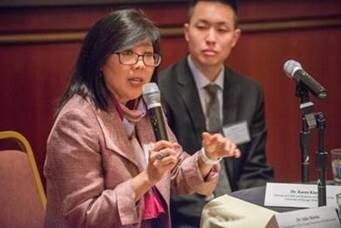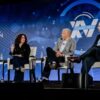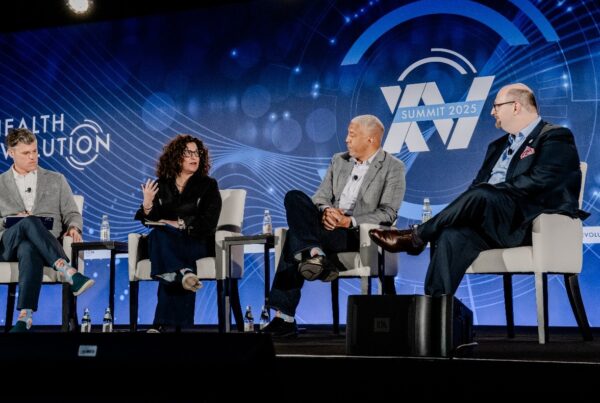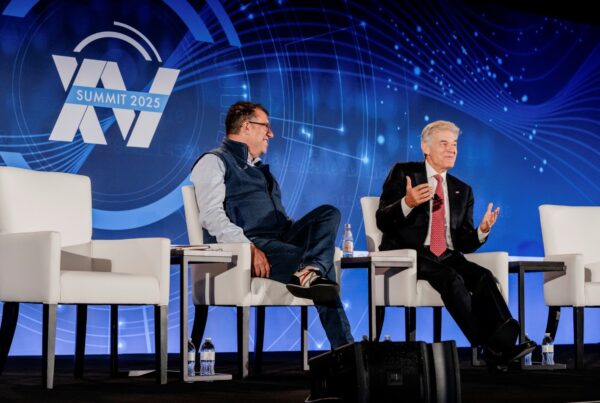Editor’s note: The tragic incidents in Atlanta last week put in stark relief escalating racism and attacks against Asian Americans, as well as calling further attention to our nation’s gun violence and mental health crises. In addition to expressing our horror, sympathies, and “we stand with” sentiments, we will leverage our unique platform (as with other such societal concerns) to draw linkages to the health care ecosystem, convening and inspiring our community of health care leaders to play a constructive role for positive change.
Despite the ongoing racism, microaggressions and hate crimes against them, Asian-Americans have been something of an “invisible population,” which only serves to worsen existing disparities in health. That’s according to Karen Kim, MD, Director, University of Chicago Medicine’s Center for Asian Health Equity.
The Center published a statement condemning the increase in racist acts against Asians in February 2021, a month prior to the tragic murders in Atlanta that shined a spotlight on the 150 percent increase in hate crimes perpetrated against Asian-Americans during 2020 while the rest of the nation experienced a seven percent decline.
Health Evolution Editor-in-Chief Tom Sullivan interviewed Kim, who also serves as Associate Director of the University of Chicago Comprehensive Cancer Center and a Professor of Medicine, about what she hopes will change because of the Atlanta murders, why health care executives should lead in disaggregating data relative to different Asian-American populations and the need to raise awareness about and within the community.
Health Evolution: Why did it take multiple murders of the magnitude in Atlanta to bring anti-Asian violence into the national spotlight?
Kim: We’re often not classified as a person of color, we don’t have a lot of data collected about the different populations. Politically, this has been an invisible community and despite the discrimination and microaggressions against it, people have not ever been moved to change things. Instead, the stereotype is that the Asian-American population follows rules, makes money, is educated — and that translates into being overlooked. Asian-Americans need to empower their community to finally find its voice, to demand services that are needed because when you don’t, you often get overlooked.
Health Evolution: What should health care executives understand about the problem that many likely do not?
Kim: There are several things to understand. We need to collect relevant data for Asian-Americans and disaggregate that data to look at various subgroups that tell different stories. Asian-Americans are about 6 percent of the US population and speak over 100 different languages. Asian-Americans are the fastest growing population in the U.S., having grown 25 percent over the last 7-8 years and two-thirds of that growth comes from immigrants, while only one-third of the Hispanic community’s growth consists of immigrants.
There have also been a lot of challenges. The Public Charge, for example, which has changed under President Biden but was used by the previous administration to determine who should have legal status based on whether they thought you would use government resources. If they did, you could lose eligibility. So 1.5 million Asian–Americans declined enrollment in Obamacare. The problem now is that we need to get the word out on the street, because we also saw declines in people going to federally qualified health centers. When many households have no one over 10 years old who speaks English and 75 percent of households do not speak English at home, delivering the message to communities is difficult.
But the biggest issue is that hospitals have to make the commitment that, among so many other competing priorities, the wellbeing of vulnerable populations is something they prioritize working to achieve. It’s a challenging problem but we have to take on this challenge now.











